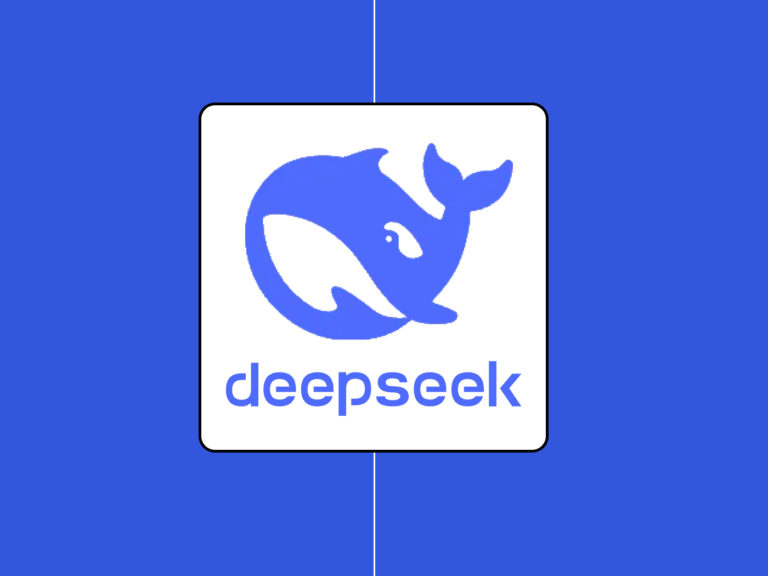Introduction
With the rollout of memory capabilities in ChatGPT, educators are prepared to experience a shift in how AI can be integrated into teaching environments. This update promises to make interactions with ChatGPT more personalized and context-aware, but what does this mean for teachers? Let’s explore the benefits and potential concerns of this development.
What is ChatGPT’s Memory?
ChatGPT’s memory allows it to remember past interactions within a session or over multiple sessions, depending on the settings chosen by the user. This means that the AI can recall details from previous conversations, making its responses more tailored and relevant to the ongoing discussion.
Example for Teachers
Consider Tim a history teacher using ChatGPT to dive deeper into American history. ChatGPT provides valuable insights and support throughout their discussion, enriching the exploration of American history.
Benefits of ChatGPT’s Memory for Teachers
- Enhanced Personalization: With memory, ChatGPT can remember students’ learning preferences and difficulties, allowing for more customized teaching aids.
- Continuity in Learning: Teachers can use ChatGPT to maintain a continuity in discussions over time, picking up where a lesson left off, which is especially useful in flipped classrooms and remote learning scenarios.
- Administrative Assistance: Remembering details about scheduling, student progress, and past communications can help teachers manage their administrative tasks more efficiently.
Possible Concerns with ChatGPT’s Memory
- Privacy Issues: With memory, concerns about data security and the privacy of student information become more prominent. Teachers need to ensure that sensitive information is protected and that the use of such AI complies with educational privacy laws.
- Dependence on Technology: There’s a risk that increased reliance on AI could make traditional teaching methods and the development of interpersonal skills less prevalent in classrooms.
- Accuracy and Reliability: As AI remembers and learns from interactions, any misinformation or biases in earlier conversations could be perpetuated, affecting the quality of education.
Conclusion
The introduction of memory in ChatGPT presents several exciting opportunities and challenges for the educational sector. As this technology continues to evolve, it is crucial for educators to stay informed and critically assess how they integrate AI tools into their teaching practices to best support their students’ learning journeys.
Stay updated on AI for teachers
Stay updated with our AI for Teachers blog for more insights into the latest in educational technology and practical tips for integrating AI tools into your teaching.
Happy AI teaching!



